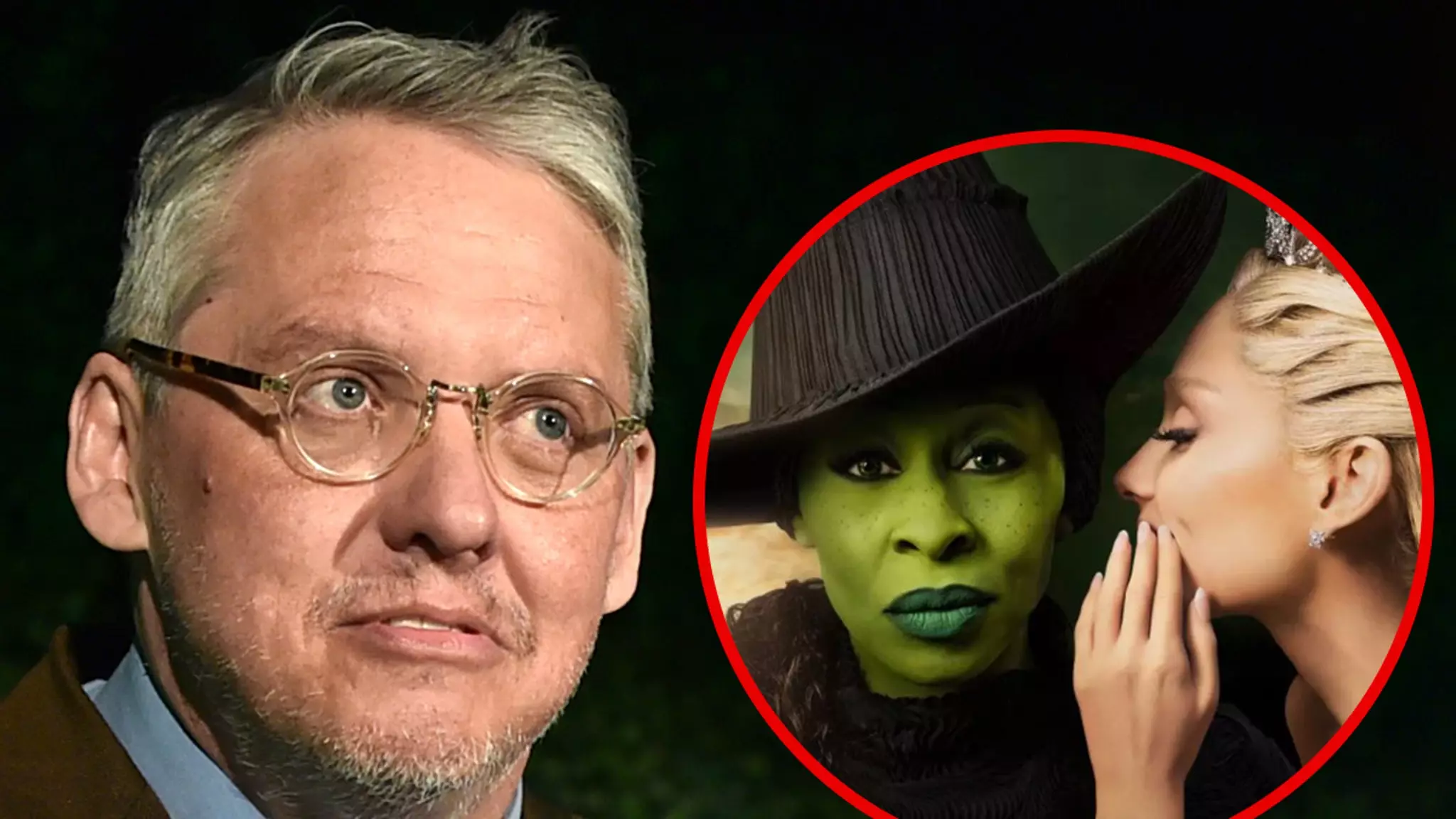In an era where cinematic narratives are often intertwined with political discourse, Adam McKay’s remarks on the film adaptation of “Wicked” shed light on the significant themes embedded within this beloved story. As an Oscar-winning writer and director, McKay’s concern over potential political pushback against “Wicked” raises important questions about freedom of expression in the arts and the perceived threats from radical ideologies. He argues that the film encapsulates crucial themes of radicalization amidst a backdrop of careerism and propaganda, marking it as one of the most progressive big-budget films in Hollywood history.
“Wicked,” based on the Broadway musical that has already charmed millions, delves into complex themes such as racism and discrimination while portraying the life of Elphaba, the Wicked Witch of the West. The character faces prejudice largely attributed to her distinctive green skin, an element that serves as a powerful metaphor for societal bias. The film, set to attract a similar global audience, grossing nearly $600 million, reflects contemporary cultural dilemmas that challenge viewers to confront their own biases. By vocalizing his apprehension that conservative elements could seek to banish such narratives from the mainstream, McKay ignites a discussion about the fragility of artistic expression.
McKay draws parallels between “Wicked” and other legendary films with progressive narratives, such as “Citizen Kane” or “The Sound of Music.” All these films have encountered their share of criticism, some even facing calls for censorship or bans during their time. Interestingly, McKay’s assertion that “Wicked” could face a similar fate within three to five years due to changing political climates suggests an unsettling trajectory for how we view artistic freedom in the context of governance. Public reaction diverges, however, with many dismissing the possibility of any musical facing a ban. This schism highlights a significant lack of awareness about the trends shaping political discourse today.
As conversations around “Wicked” evolve, some on social media have displayed incredulity regarding McKay’s warnings. Yet, the responses from conservative circles indicate a growing discontent with content deemed “woke.” For instance, the backlash against a British film board for its disclaimer about the film illustrates a palpable resistance against narratives that challenge the status quo. This rising tension urges audiences to reflect on the implications of political censorship and how it impacts both filmmakers and viewers alike.
Ultimately, McKay’s commentary serves not only as a prescient warning but also as a rallying cry for awareness within the artistic community and among filmgoers. “Wicked” invites audiences to engage with socially relevant themes, and the potential backlash against it could foreshadow broader trends in censorship. As the release of the film’s second part approaches, it will be essential for individuals to champion the principles of free expression and remain vigilant about the political forces that may seek to undermine it. In this regard, McKay’s observations encourage a proactive cultural dialogue that reinforces the importance of art in confronting prevailing societal norms.


Leave a Reply